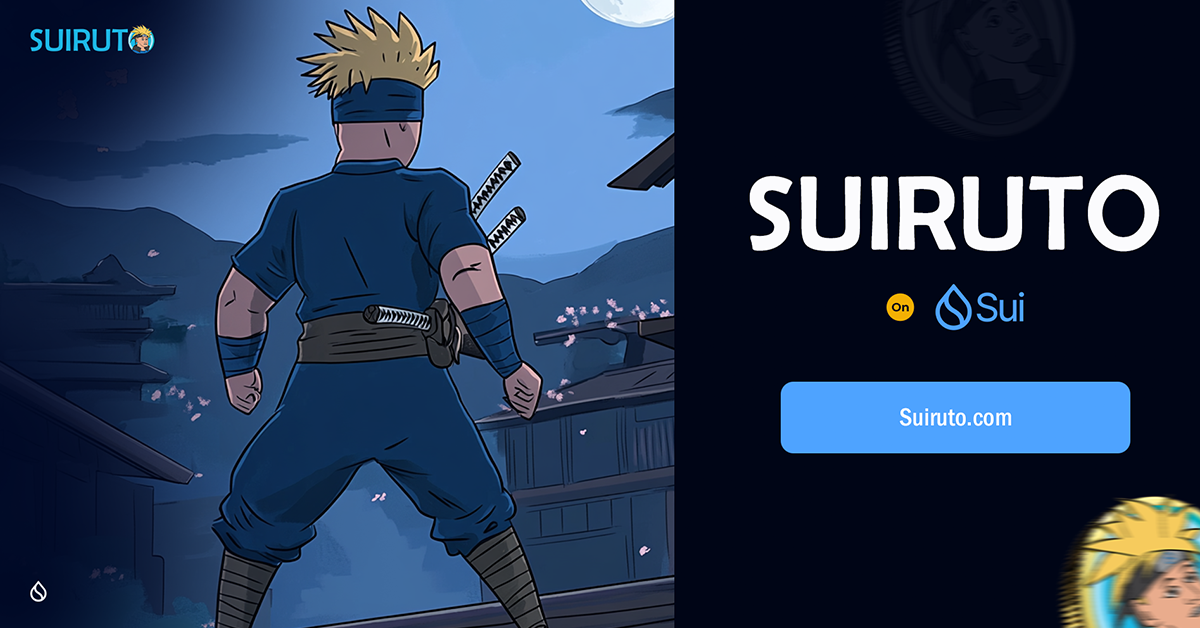BitGo is preparing to expand management of wrapped bitcoin (WBTC), worth $9.2 billion, to two new entities in Hong Kong and Singapore within two months.
The company announced last Saturday that it plans to change the legal custody over its WBTC product into a “multi-jurisdictional and multi-institutional” joint venture with BiT Global as part of a strategic partnership with Justin Sun and the Tron ecosystem.
Sun’s involvement in the new enterprise provoked a reaction from MakerDAO, which immediately launched a governance discussion on Monday aimed at removing WBTC collateralization from its DAI stablecoin. About 3% ($155 million) of DAI’s collateral backing is made up of WBTC, according to Makerburn.
The resulting executive vote passed and was executed Thursday.
“We can infer that Justin Sun will have significant influence or control over the joint venture managing WBTC,” Block Analitica, a Maker risk management team, wrote.
In an X space hosted Tuesday, BitGo CEO Mike Belshe stressed that the underlying multi-signature and cold storage technology of WBTC will remain the same.
“The technology that’s being used is the exact same technology that’s used today on a go-forward basis,” Belshe stated.
BitGo currently holds 154,266 bitcoins in custody.
The BitGo Trust Company uses a 2-of-3 multi-signature security model. All three private keys are held by BitGo in the US today, and the minting or burning of WBTC requires at least two signees. That may not sound like a lot, but Belshe pointed to processes in place to make each one secure.
“So even though you only have three keys that I’ve listed here, the protections on each of those keys still make it so that no single person can access even one of those keys,” he said.
Under the planned changes, one private key will be shifted to BiT Global’s ownership. BiT Global is a regulated Trust and Company Service Provider (TCSP) registered in Hong Kong. The remaining two keys will be retained by BitGo, one of which will remain in the US while the other will be held under BitGo Singapore Ltd.
Belshe argued that this should enhance confidence in the bitcoin backing of WBTC because two parties will verify BTC deposits received prior to co-signing on a WBTC mint transaction on Ethereum.
It’s also an attempt to decentralize the freezing rights of WBTC across jurisdictions which would insulate the asset from a regulatory crackdown risk, he said.
The X space was moderated by the Jupiter co-founder known as Meow, part of the founding team for WBTC, who has praised BitGo’s transparency in the past.
Meow questioned the premise that the change would improve decentralization. At issue was the suggestion that BiT Global would hold a second “backup” key, that could enable it to meet the two-thirds threshold on its own.
In that case, Hong Kong authorities could theoretically control both keys held with BiT Global.
Belshe responded by suggesting that regulators would need to cooperate and no one jurisdiction would be likely to take unilateral action.
“There’s no freaking way that one regulator is just going to kowtow to the other one without a lot of conversation,” he said.
All of the merchants who issue mint/burn requests to BitGo already operate outside the United States, Belshe said.
BitGo reiterated in a follow-up X post that it intends to split up the keys to avoid have two held by BiT Global.
“To address those concerns, the 3rd key will not be held with BiT Global; and will instead be stored in BitGo Singapore Ltd.” the firm wrote.
Blockworks contacted BitGo to clarify how new multisig signing keys would be generated to ensure independence and security among multiple parties, but did not hear back by time of publication.
Belshe noted that the new arrangements were a work in progress.
“I think the key that we want is to make sure that we’re constantly progressing towards more decentralization, less concentration of power,” Belshe said.
Read more: SEC amends case against Justin Sun to establish jurisdiction
BiT Global board director Rob Liu, highlighted the fiduciary duty of BiT Global in Hong Kong.
“BiT Global is structured as a public holding company under the Hong Kong statutory framework. We enter the regulation as TCSP license holder — what that means is we are in a fiduciary duty to make sure that customer assets are safeguarded according to law and not subject to arbitrary use by anybody,” Liu noted.
Meow questioned how market participants could gain confidence in BiT Global’s operational processes.
“From the outside looking in, there’s actually no way to ascertain how good the processes of BiT Global are in terms of custody and everything,” he said.
Belshe said the same technology used by BitGo “has been cloned” for use by BiT Global.
Regarding Sun, Belshe reiterated during the X space that Sun is not an employee of BiT Global and that under Hong Kong laws, a single person isn’t allowed to have above a 20% ownership in a public company.
Sun, who was on the call, kept mostly silent. He chimed in at the end to add, “our top priority is to protect the community and protect the users.”
Competitors on the horizon
BitGo’s WBTC dominates the bitcoin DeFi market on Ethereum today, with a market share of 98.8%, according to Dune data. But the public consternation to BitGo’s plans may leave an opening for others, both centralized and decentralized, to gain wider adoption.
On the centralized front, Coinbase is presumed to be launching a potential WBTC competitor. The exchange teased on Wednesday in a pair of tweets that “cbBTC” is “Coming Soon.”
Projects that make use of Bitcoin’s Tapscript, such as dlcBTC, are coming online to provide non-custodial alternatives to getting bitcoin on Ethereum.
Read more: Building a better wrapped bitcoin for DeFi
Wrapped bitcoin itself is also gaining greater utility. Liquid restaking token (LRT) specialists Swell has recently introduced swBTC, a Bitcoin LRT that wraps WBTC — with BitGo’s blessing — to offer new avenues for holders to earn yield via restaking.
Launched on Symbiotic, EigenLayer, and Karak, swBTC holder’s yield comes in exchange for providing economic security to these networks, and potentially from further DeFi strategies.
Users can deposit WBTC to receive swBTC, but in the future Swell plans to add native BTC swaps directly through THORChain. The launch is part of Swell’s broader initiative to expand restaking opportunities across blockchain networks, with swBTC joining other offerings of staked and restaked ether: swETH and rswETH.
To maintain its dominance, BitGo will likely have some fence-mending ahead, given the criticism unleashed.
“I think it’s quite a hard pill for the community to swallow, at least in 60 days,” Meow said at the close of the X space.
Belshe appeared well aware of the challenges.
Over that time period, “we’re going to be working with all of the big DeFi projects that are touching wrapped bitcoin,” he said. “There’s a community that has to decide whether it wants to do this or doesn’t want to do this.”
Start your day with top crypto insights from David Canellis and Katherine Ross. Subscribe to the Empire newsletter.
Explore the growing intersection between crypto, macroeconomics, policy and finance with Ben Strack, Casey Wagner and Felix Jauvin. Subscribe to the On the Margin newsletter.
The Lightspeed newsletter is all things Solana, in your inbox, every day. Subscribe to daily Solana news from Jack Kubinec and Jeff Albus.











